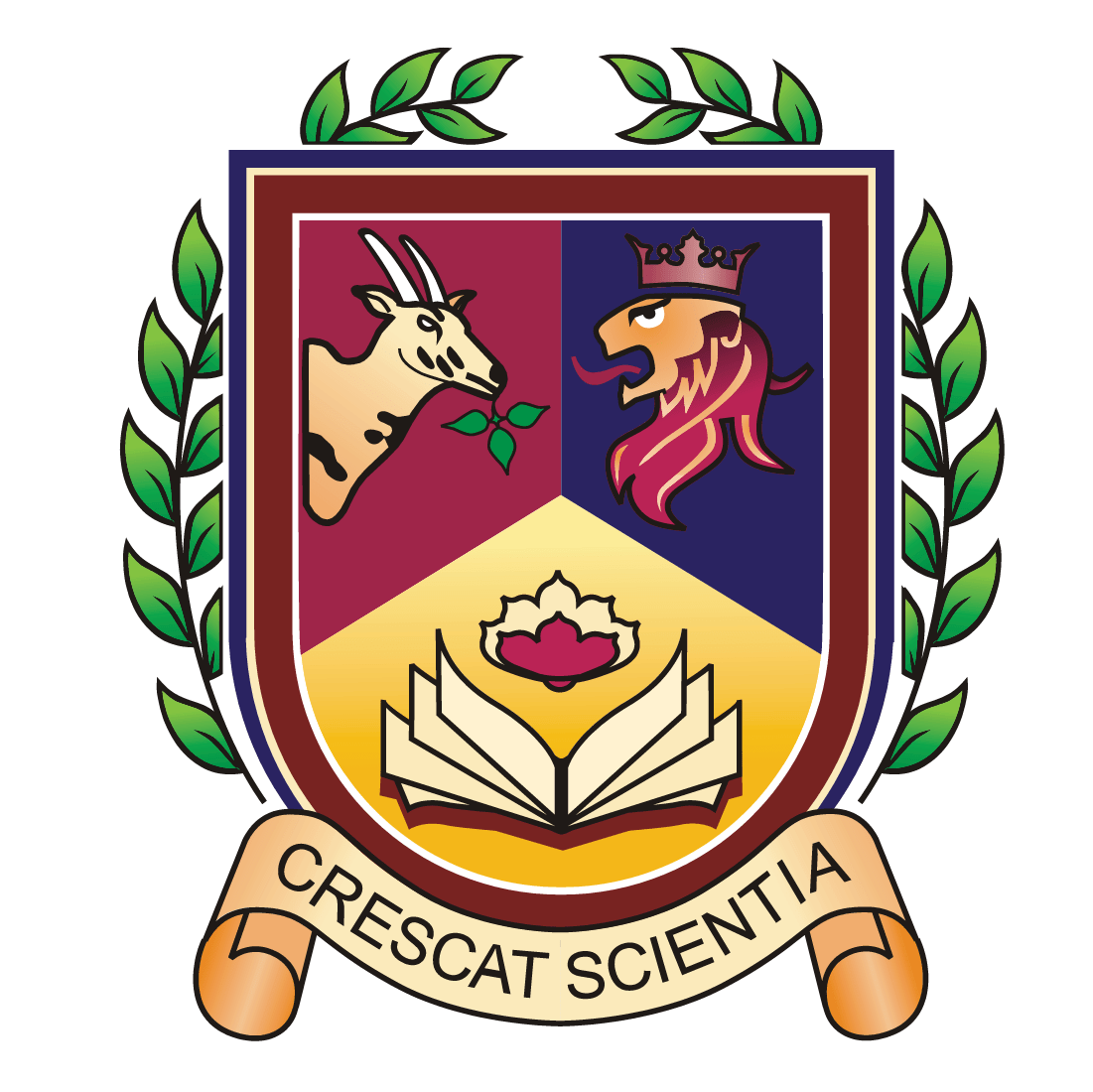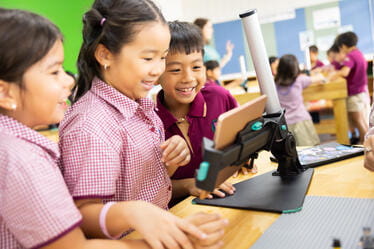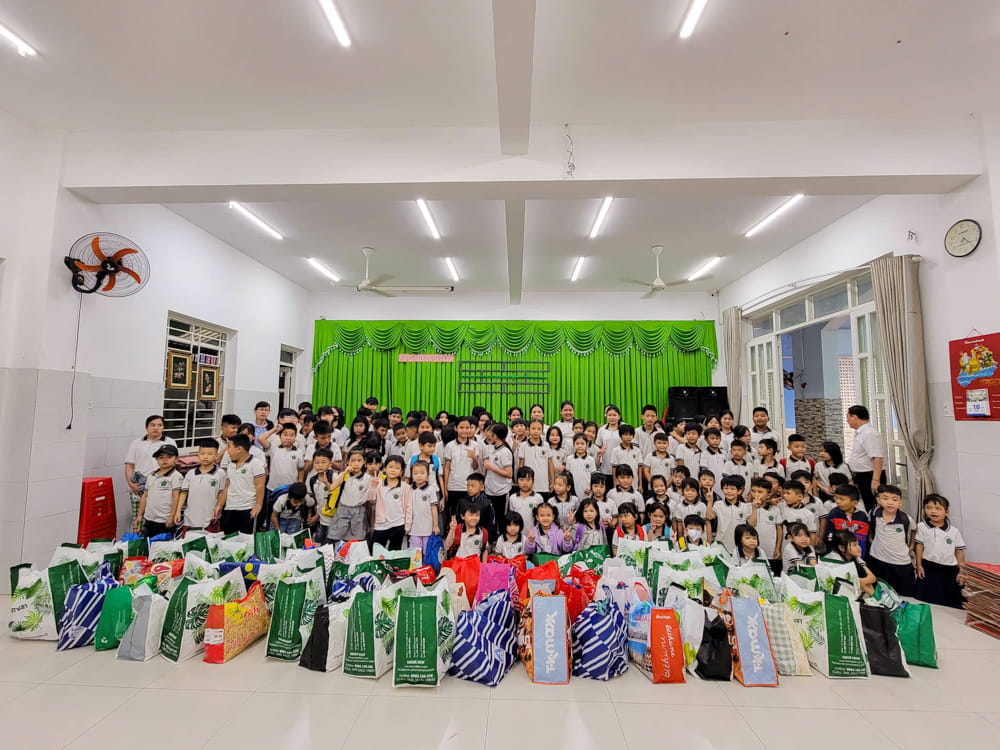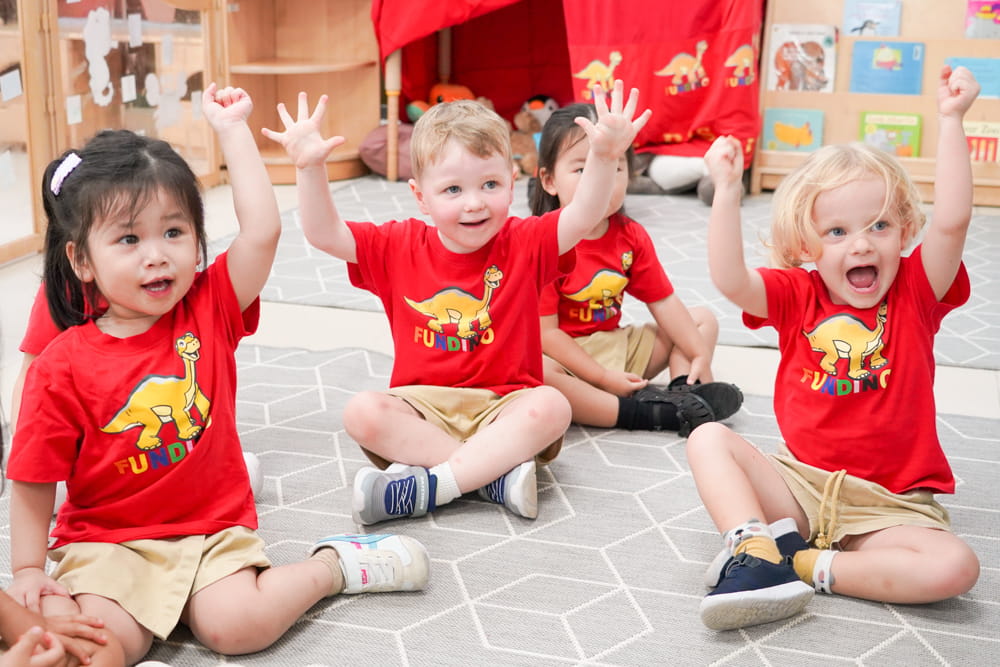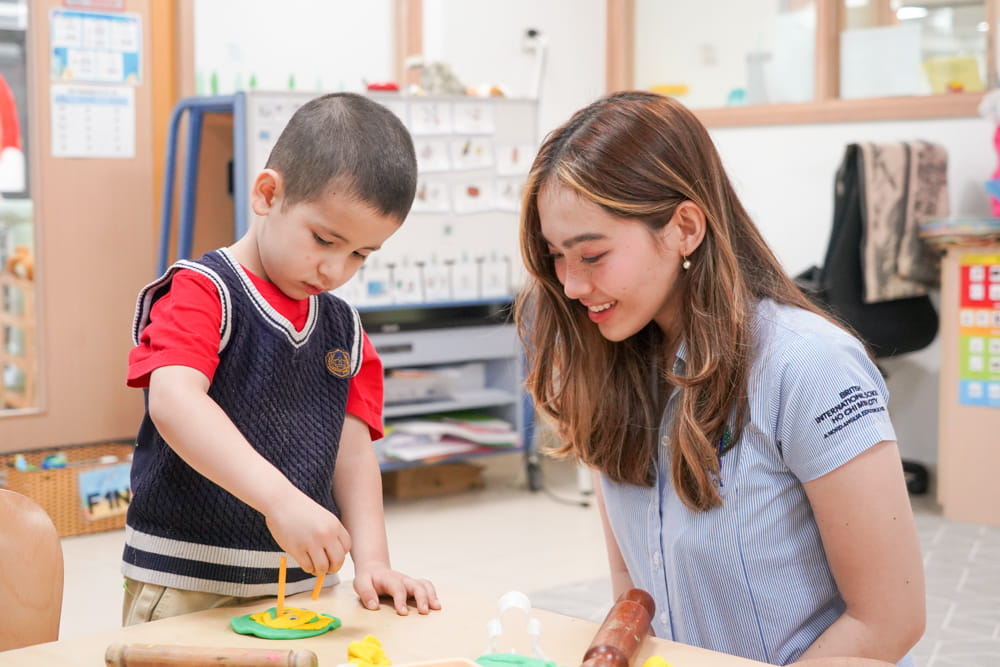EAL Coffee Morning An opportunity to learn more about the English as an Additional Language programme at EY&I and JC.
The primary EAL team led parent coffee mornings this week to inform parents about all aspects of our EAL program. Our fantastic team was introduced, an overview of EAL was shared and plenty of ideas and strategies for helping children at home were also discussed. We were pleased to see many parents participating in this event.
At BIS Primary, the EAL program has two key aims:
- To build English confidence and competence inside and outside the classroom
- To support the transition from social English to academic English
Our goal is to ensure that a strong and secure foundation of English exists to maximize student learning and participation in BIS school life. EAL is a specialist English language programme for selected students who have been identified as having particular language needs. We are grateful to be working with your children in offering the best support for developing their English language proficiency.
We have some tips and general advice for supporting your children at home. These will be useful for all parents, not just those with children currently receiving EAL support.
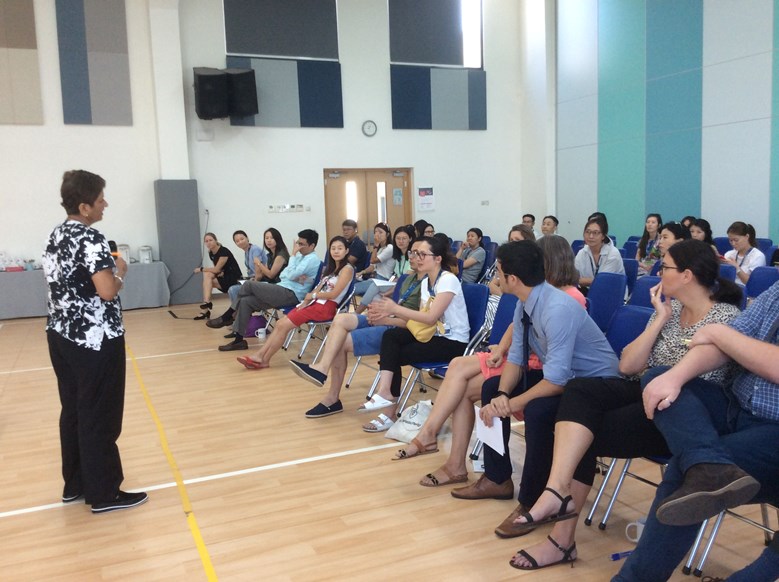
- Using your home language is very important. Ask your child about their school day, encourage them to talk about their lessons and what they did at lunch time using your home language. Encourage your child to speak, listen, read and write in their home language. Do not feel pressured to use English at home, especially if you are not a confident English speaker, as your child has plenty of opportunities to use English at school.
- Homework support is very helpful. Here are some useful steps: 1. Read the task in English. 2. Talk about the instructions in your first language. 3. Discuss the task and any new vocabulary in your first language. 4. Ask your child to complete the assignment in English. Switching between languages is good for the brain and shows an understanding of the concepts!
- Reading is significant for language development and wider literacy skills.
- Ensure you have a daily reading routine. Children need something to look forward to each evening, and it should be the enjoyment of reading with you.
- 20 minutes a day is the key number. Please read with your child each day for this duration.
- As you read together, ask your child questions about the story (What has happened? What will happen next? Which characters do you like, and why?)
- Make sure you have plenty of first language books, magazines etc. around the house.
- Invite your child to write a book review after finishing. They can include: title, characters, beginning, middle, end, new vocabulary, what they liked / didn’t like about the story or characters.

- Play dates with other children can help develop your child’s social English, especially if their playmate is of a different nationality. Speak to other parents, and organise play dates regularly.
- After-school clubs are a great way to develop their English in an authentic environment.
- Shared activities at home like cooking, games, songs and movies will help to develop your child’s language and social skills.
- Diaries, Word Books and Scrapbooks are a good way to build vocabulary, sentences and self-expression.
Finally, continue to use Seesaw as an opportunity to develop and reinforce your child’s learning and also visit our Primary EAL blog where there are plenty of activities and ideas for children and parents: http://bishcmceal.blogspot.com/
Luke Neville, Assistant EAL Leader


